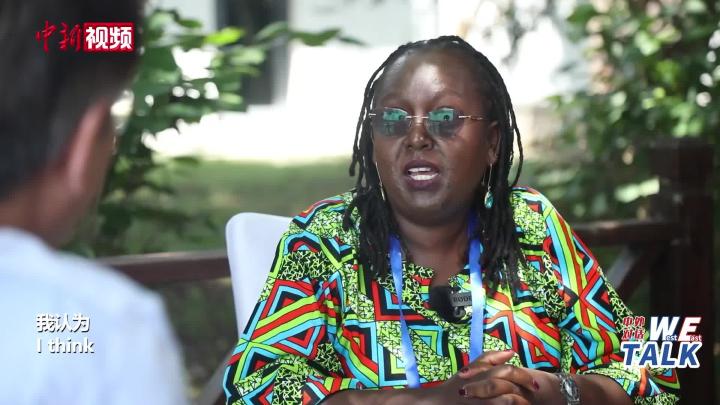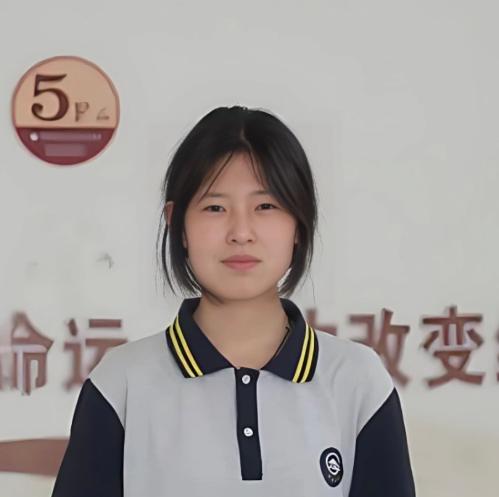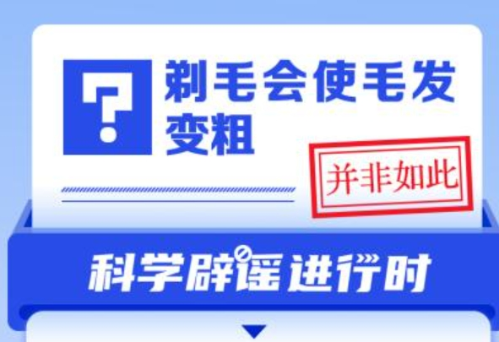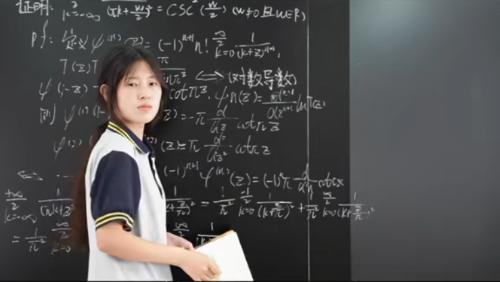On May 14, the US government announced that it would impose tariffs on Chinese electric vehicles and other products. According to the official website of the White House, the tariffs on Chinese electric vehicles would be increased from 25% to 100%. Recently, some western countries, led by the United States, ignored the objective facts and frequently hyped "China's overcapacity theory". What is the intention of Western politicians to hype the so-called "China's overcapacity theory"? What is the purpose of the US imposition of tariffs on China and its insistence on pushing up tariff barriers? How can China's development of new energy and other industries help to achieve global climate goals? What are the implications for the global energy transition?
"East West Question and Chinese Foreign Dialogue" invited Wang Yiwei, the EU's "Jean Monet" chair professor, the director of the Institute of International Affairs of Renmin University of China, Warwick Powell, a visiting professor of Queensland University of Science and Technology and a senior researcher of Taihe Think Tank, and Benjamin Norton, the founder and foreign policy expert of the US Geopolitical and Economic Report Three guests expressed their views on the above issues.
Wang Yiwei believes that the western hype of China's "overcapacity" is a discourse narrative trap, whose presupposition is that China's market economy status and developing country status are not recognized.
Bao Shaoshan said frankly that "the theory of overcapacity in China" is nonsense. "The huge scale of China's manufacturing industry is conducive to reducing the cost of technology and means of production, which is beneficial to the development of the global economy."
In Ben Jiemin's view, the world is undergoing an energy transformation at the moment, and China has become the world's leading producer of electric vehicles, which is of great significance for implementing the Paris Agreement, mitigating climate change and reducing dependence on fossil fuels. He pointed out that the United States is dissatisfied with this, not because of what China has done wrong, but because American monopolies are difficult to compete with Chinese companies in this regard.
Data picture: On January 22, 2024, in Ningbo, Zhejiang, Geely's Jikrypton Smart Factory welded new energy frame was transported on an automatic belt. China News Service Photographed by reporter Wang Gang
Excerpts from the dialogue are as follows:
China News Service Reporter: On May 14, the United States announced that it would impose tariffs on a series of Chinese goods, including electric vehicles, computer chips and medical supplies. What is your opinion on the tariff on electric vehicles in China, which will be increased from the current 25% to 100%?
Wang Yiwei: The sales volume of Chinese electric vehicles in the United States is very small, so the Biden government (to China) imposed tariffs purely out of the need of the election. The United States wants to suppress China and hope that industries and funds will flow back to the United States. Therefore, this move is a cry for indebted regions, a cry to allies, and the pursuit of "political correctness", so it will impose tariffs.
Now the Biden government continues to build the "American myth" for the purpose of presidential election, capital return, industry return, and employment return. It constantly calls on allies and the world to sing down China and suppress China. This increase in tariffs on China's electric vehicles is an outstanding performance. The United States calls the competitiveness brought about by China's omni-directional and systematic advantages "systematic threat", and finally it is still anti narrative. This behavior also reflects a set of American practices, that is, "You can do what I say, but you can't do what I do".
Ben Jiemin: When the United States first accused China of "overcapacity", I realized that they had to find an excuse for imposing tariffs.
The United States is trying to weaken China's industrial development through this approach, but I don't think it will work. China will continue to export electric vehicles and solar panels to other countries, especially those in the "Global South". China will help these countries reduce carbon emissions, better cope with climate change and reduce dependence on oil and natural gas imports.
This shows the hypocrisy of the US government. It criticizes China's industrial policies and subsidies, but it does exactly the same thing.
China News Service Reporter: The United States and some western countries claim that there is "overcapacity" in new energy industries such as electric vehicles and solar panels made in China. Some experts believe that the capacity of China's new energy industry complies with the requirements of high-quality development and conforms to the laws of economics. How to view these two statements?
Wang Yiwei: The premise for the West to hype China's "overcapacity" is that it does not recognize China's market economy status, nor its status as a developing country. Therefore, this is a discourse narrative trap.
In the past, the West accused China of putting forward the "Belt and Road" initiative to "solve overcapacity" and "create a debt trap". This logic has been consistent. Now it has labeled China's "new three kinds" as "overcapacity". China is the "factory of the world" and is produced for the world. The "overcapacity" in Western countries means that "China's overcapacity has squeezed the western market". Moreover, the West caught up early and got up late, causing China to overtake at the corner, so (they) will blame China. On the other hand, the western countries themselves want to develop, but they cannot develop such a powerful production capacity as China, so there is a "threat" argument in this regard.
Ben Jiemin: We must find out what is "overcapacity". According to the logic of some people in the United States, if a country has net exports, it can be accused of "overcapacity". At present, this logic is only for China. Therefore, this practice is very hypocritical.
In fact, in 2023, for example, the proportion of domestic automobile sales in China will reach 80%, and the export volume will only account for less than 20% of the output. In fact, China's automobile industry is not as heavily dependent on exports as Japan, South Korea and Germany. If there is "overcapacity" in China, as claimed by the United States, then the "overcapacity" in Japan and South Korea will be ten times greater than that in China. The question is, why did the United States not blame its allies Japan, South Korea and Germany? Clearly, the United States pursues double standards. If countries around the world really want to mitigate climate change, it should be clear to all that China's new energy industries, such as high-quality and inexpensive electric vehicles and solar panels, have made important contributions to the implementation of the Paris Agreement and the reduction of global carbon emissions.
Bao Shaoshan: Whether in new energy vehicles or other related fields, most of China's growing output in these fields can be absorbed by its growing internal demand. Green industry is an emerging industry, which develops rapidly and has a great impact on all industries.
Data map: White House of the United States. China News Service Reporter Chen Meng
China News Service Reporter: What do you think is the real purpose of Western countries accusing China of "overcapacity"?
Wang Yiwei: The real purpose of Western countries' accusation of China's "overcapacity" is to deal with the "institutional threat" posed to them by China's policies. China did not develop its economy in accordance with the Western design, so the Western countries did not recognize this development model. At the same time, some countries also want to throw the pot to China. 2024 is an election year for the United States. The narrative of politicians is "not that I can't do it, but that you are too crafty". There are many international responsibilities that "need to be borne by China". These are discourse hegemony.
Ben Jiemin: The United States intends to use the "overcapacity theory" to weaken the competitiveness of China's new energy and other industries and protect the large technology monopoly organizations in Silicon Valley. The United States also takes this opportunity to encourage countries to reduce trade with China. It claims that China conducts "unfair trade" and hopes that other countries will join in isolating China.
With the US election approaching, the accusation of "overcapacity" in China is also a means for Biden and the Democratic Party to win votes. The Biden government stressed that the United States needs to invest trillions of dollars to support its local industries and impose more sanctions and tariffs on China, which will attract some state voters who rely on government investment in manufacturing. The Biden government is also trying to use this to create a stronger image of itself towards China.
Regrettably, in this election, both parties in the United States are comparing who can be more tough with China. As an American, I think this is very unfortunate. I think we should encourage industrial cooperation with China.
Bao Shaoshan: The United States has formed the habit of blaming other countries for the problems caused by its own policies. In the past decades, the U.S. financial industry has expanded on a large scale, and the influence of financial capital in the overall economy has also expanded. The financialization of the United States has promoted the growth of virtual capital at the expense of the real economy. Financial capital and financial institutions earned a lot, while ordinary people suffered losses and became victims. Due to the gradual hollowing out of the manufacturing industry, the United States has become a net importer of finished and intermediate products in the manufacturing industry. Therefore, in order to solve this problem, what the United States needs to do is to maintain its leading position in financial capital, promote political and economic de financialization, and invest heavily in education, skills training, and industrial research and development.
China News Service Reporter: Is hyping "China's overcapacity theory" a manifestation of trade protectionism? What impact will it have on the development of the world economy?
Wang Yiwei: I think this "China's overcapacity theory" must be a manifestation of trade protectionism, and China's developed production capacity contrasts with the lack of capacity in the West. In fact, the West has lost to China on the new quality productivity track. Or they feel that they have lost - they have complained or adopted a script - and they demand China according to their own defined rhythm and productivity. In fact, their purpose is not only to protect their own markets, but also to try to seize some voice in the field of new energy vehicles. Therefore, the United States and Europe will agree with each other.
Ben Jiemin: The US government accuses China of providing subsidies for local industries, but in fact, over the years, the US has provided billions of dollars of subsidies for its own local enterprises, such as Tesla. In addition, the United States is providing trillions of dollars of government support to local enterprises through measures such as the Inflation Reduction Act and the Chip and Science Act. Therefore, the United States' unabashed accusations against China are aimed at its own policies.
The United States also proposed to impose more tariffs on Chinese exports to restrict China's exports. The EU is also currently discussing the imposition of tariffs on Chinese exports, including anti-dumping investigations on Chinese electric vehicles. Therefore, "overcapacity", like "national security", is some excuse used by the United States to try to rationalize its tariff, trade protectionism policies and sanctions against China.
Bao Shaoshan: The so-called "China's overcapacity theory" is sheer nonsense. Most of China's increased capacity in new energy vehicles and other fields can be absorbed by its growing internal demand. The huge scale of China's manufacturing industry is conducive to reducing the cost of technology and means of production, which is beneficial to the development of the global economy.
On April 25, 2024 (the 18th) Beijing International Automobile Exhibition was held in Beijing.
China News Service Reporter: How can China's new quality productivity help achieve the global climate goals? What are the implications for the global energy transition?
Wang Yiwei: For China, the so-called "new quality productivity" is no longer based on the original productivity level or system, but on the productivity dimensions of the new era such as ecological civilization and digital civilization. From the perspective of productivity under the industrial and commercial civilization in the past, China has indeed achieved curve overtaking. It has made unprecedented contributions to the promotion of global digital and green transformation.
In the past, China's agricultural civilization was very developed, but at that time it was relatively isolated, and the center of industrialization was in the West. Today, in the era of Industry 4.0, China has begun to overtake at corners.
China has broken the path of power transfer in the past, and has also changed the history that industrialization and innovation were circulated within the West in the past. It has truly led the unprecedented change in a century and led the global energy transformation. The combination of China's strong production capacity and digital ecological civilization, such as the development of new energy vehicles and other achievements, has contributed Chinese solutions and Chinese wisdom to the energy transformation of mankind. China has provided a demonstration for the world's emission reduction and green transformation development, including digital transformation.
Ben Jiemin: China has caught up with and continued to move forward in the process of industrialization, lifting hundreds of millions of people out of poverty. At present, the world is undergoing an energy transformation and needs to produce more electric vehicles to reduce dependence on fossil fuels. China has become the world's leading producer of electric vehicles, which is of great significance for implementing the Paris Agreement, slowing down the process of climate change and reducing dependence on fossil fuels. However, the United States is dissatisfied with this, not because China has done something wrong, but because American monopoly organizations are difficult to compete with Chinese companies in this regard.
Bao Shaoshan: Reducing the cost of clean energy and low-carbon technology will promote the popularization of clean energy and green productivity, especially in developing countries. Popularizing cost-effective and reliable renewable energy is of revolutionary significance, because it helps to realize energy sovereignty and promote the socio-economic development of energy dependent countries. Only by reducing the cost of energy consumption can we increase the added value of production.









































































